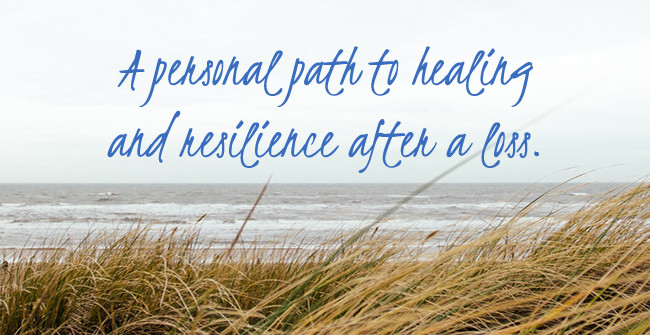When life deals you a blow, your first reaction is to withdraw and protect yourself. You want to crawl under the covers, lock the doors and wait for the bad stuff to go away.
But guess what? In the long run, that doesn’t work. Denial usually makes a situation a whole helluva lot worse.
There are lots of theories about why things get worse when they are ignored, but I think it happens because when you don’t pay attention to your thoughts and feelings they build up like a pressure cooker and at some point, that ole pot is going to blow its lid.
Yet, even as your world is being turned totally upside down, there is an unspoken expectation from others that you will handle everything and carry on as though you knew this was coming. Hopefully, those who know you best will give you some time and space to work through your grief emotions. I imagine that dealing with your grief in public may be slightly similiar to being a cancer patient. Most people would rather not discuss cancer or death and most of the time you (the patient) end up trying to make other people feel comfortable while you are barely coping yourself.
It’s almost as though the general public considers grief to be some kind of a disease or bad luck that they might catch if they spend too much time around you.
I have found that taking baby steps every day can be a better way to go. I found that working through my grief in little ways made it feel a less overwhelming. When you find that processing your grief starts to become too much for you, then stop. Come back to it later; your conflicting grief feelings and thoughts will still be there and maybe taking a break will allow you to approach it from a different point of view.
I found in the beginning that I just felt awful and I wanted to know when it was going to stop. I didn’t know how long this pain was going to last, if the pain was going to get worse, and if so, when would it get worse and how long would I feel that way. That’s where taking things in small increments was helpful for me.












Leave a Reply